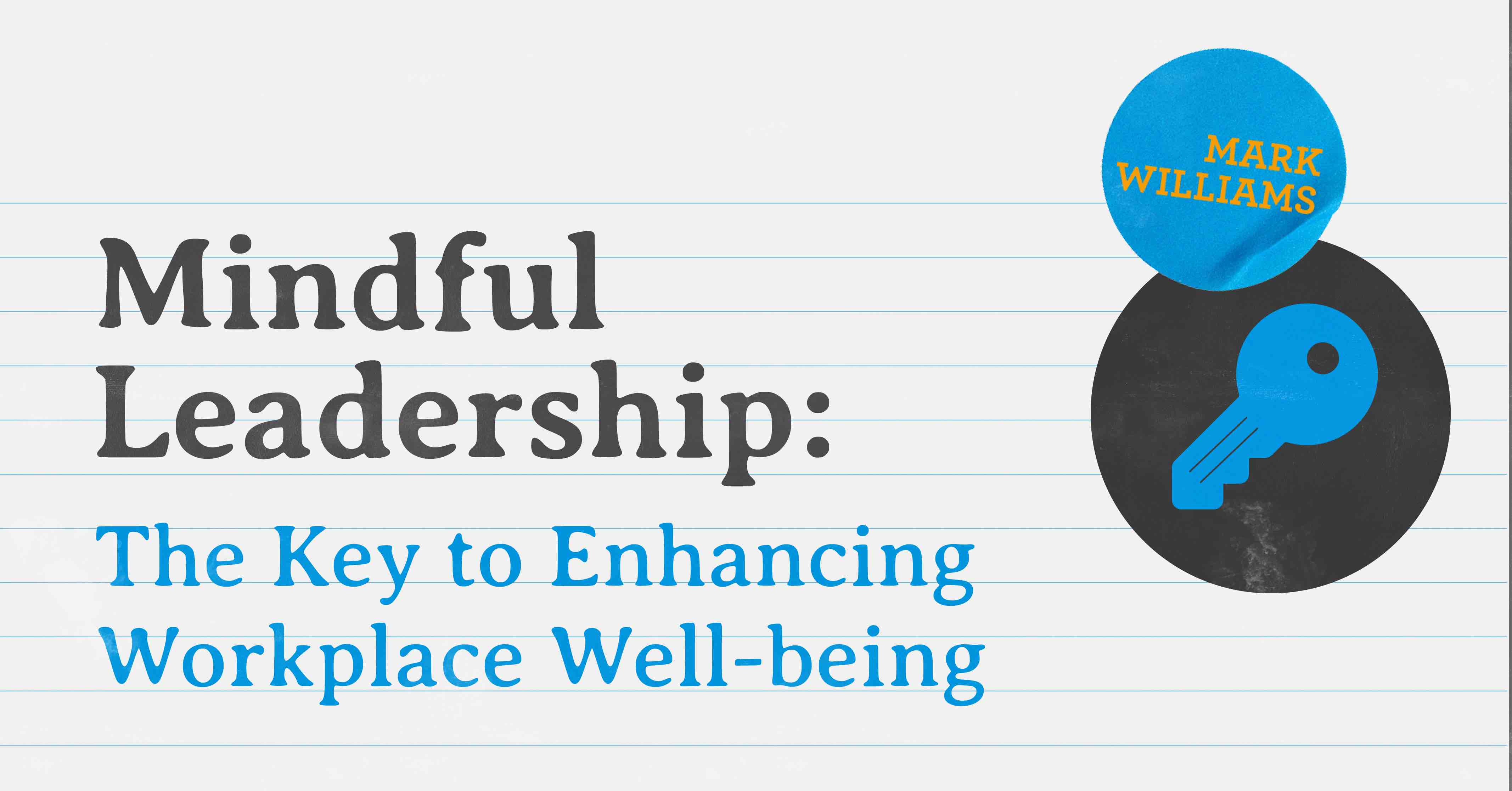In the hustle and bustle of the modern workplace, where deadlines loom large and stress levels run high, a new approach to leadership is emerging—one that goes beyond the traditional hierarchical structure and focuses on the well-being of the entire team. Welcome to the era of mindful leadership, where fostering a culture of awareness and compassion takes center stage.
Picture this: a leader who isn’t just concerned about hitting targets and meeting quotas but is genuinely invested in the mental and emotional well-being of their team. Mindful leadership is all about creating a workplace where employees feel valued, supported and inspired to bring their whole selves to work.
So, what exactly is mindful leadership? At its core, it’s about being present in the moment, cultivating self-awareness and extending that awareness to others. It’s not about a rigid set of rules but rather a mindset that permeates the way leaders approach their roles and interact with their teams.
In a mindful workplace, leaders actively listen to their team members, fostering open communication and creating a sense of psychological safety. This isn’t just about nodding along to what someone is saying; it’s about truly understanding and empathizing with their experiences, challenges and ideas. This type of leadership builds trust and strengthens the bonds within the team.
But, mindful leadership goes beyond just interpersonal skills; it’s about fostering a work environment that promotes overall well-being. This includes acknowledging the importance of work-life balance, encouraging breaks to recharge and recognizing the value of each team member’s unique strengths and contributions.
One key aspect of mindful leadership is the promotion of mindfulness practices. Leaders who prioritize mindfulness not only set an example for their team but also equip them with tools to navigate stress and challenges. Whether it’s through meditation sessions, breathing exercises or other mindfulness techniques, these leaders understand that a calm and centered mind is essential for both individual and collective success.
The benefits of mindful leadership are not just theoretical; they have tangible effects on workplace culture and productivity. Research shows that teams led by mindful leaders experience lower levels of burnout, increased job satisfaction, and improved overall well-being. When leaders prioritize the mental health of their team, it creates a positive ripple effect, leading to increased creativity, collaboration, and a more resilient workforce.
Mindful leadership is not just a buzzword; it’s a powerful approach to leadership that has the potential to transform the workplace. By fostering a culture of awareness, compassion, and well-being, mindful leaders pave the way for a more engaged, motivated, and harmonious team. So, let’s embrace the era of mindful leadership and create workplaces where people thrive, both personally and professionally.
For more leadership insights- check out my new podcast- Balance, Not Burnout available anywhere you listen to podcasts.

